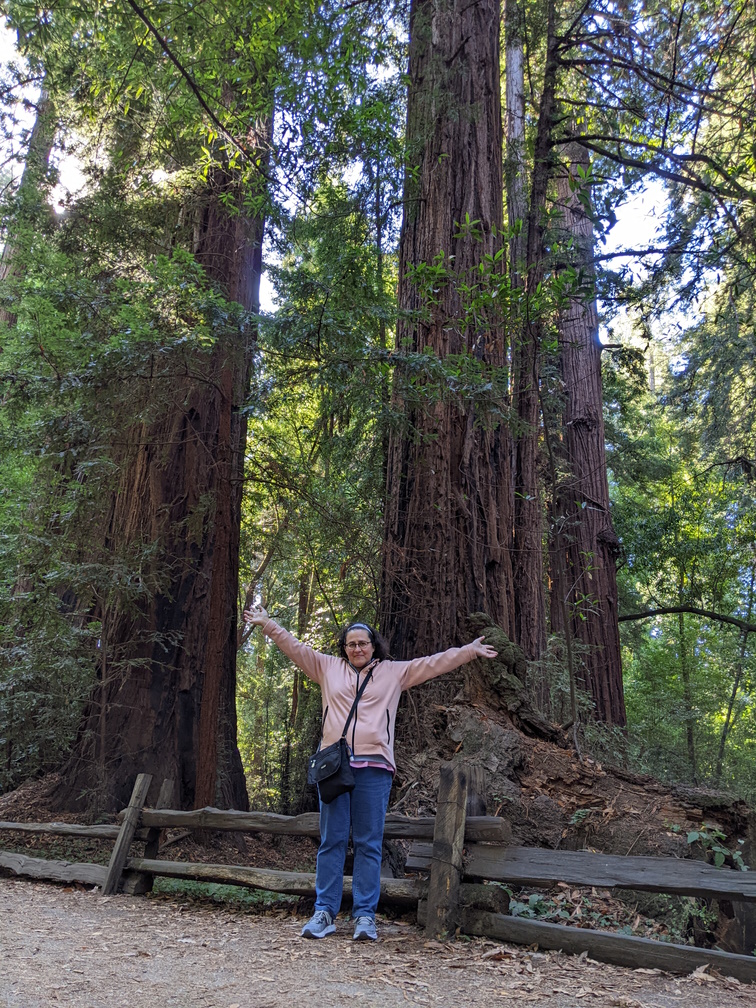I recently presented at the ALL-IN conference at the Institute for Social Transformation in Santa Cruz. Saskia Nauenberg Dunkell, our session facilitator, asked a question about self-identity and working with various groups in community. I admit that I was surprised by my own answer….
I noted how, earlier in my life, I would often try to “navigate” my identity. I would enter into rooms in ways that I thought would make me fit in. Sometimes I entered in with my working class badge. Sometimes I entered in with my community development experience. Sometimes I entered in with my higher ed and research credentials or my professional affiliations with philanthropy.
In my answering, I realized (and shared) that, at this point in my life, I intentionally, even if it makes people uncomfortable, enter in as complex.
Yes, I come from parents who were considered working class; yes I am credentialed; yes I have white privilege; and also yes I am aware that people from my ethnic group were, at one time, lynched in this country. Yes, I have various professional skills and yes I still worry that I am not using the correct fork at a dress up dinner.
Later in the trip, I had the opportunity to walk amongst the redwoods — not something I can do living in Connecticut. I asked myself a recurring question — why don’t I ever really feel part of a community even when part of my identity fits? I started to think that my trying to fit in is actually the behavior that prevents me from feeling a sense of belonging.
Perhaps community calls us to be whole, which means that entering in as complex can be both a form of disruption and also a precious permission to belong.

